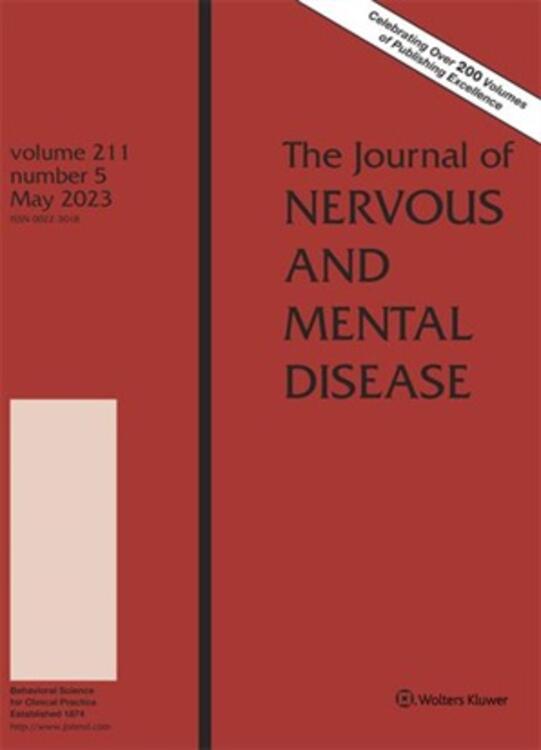Violent Radicalization, Mental Health, and Gender Identity Considerations for Future Research
This study examines the association between gender identity, mental health, social adversity, and sympathy for violent radicalization (VR). Data were collected through an online survey in Canada. A total of 6003 eligible participants who were residents of Montreal, Toronto, Calgary, or Edmonton and aged from 18 to 35 years were included. We used Fisher exact test to assess gender differences in gender-based discrimination and we used analysis of variance tests to assess differences in scores on bullying, mental health, and sympathy for VR. We used linear regression to assess the relationship between mental health, social adversities, and sympathy for VR. Individuals who self-identified as trans and gender diverse had greater sympathy for VR than females did, experienced online victimization more frequently, and reported higher levels of psychological distress than both male and female participants. Our findings indicate that more research is needed on the association between social adversity and support for VR among this vulnerable population.
Expertise
Identités sexuelles et de genreMembres et équipe SHERPA

Cécile Rousseau
Professeure titulaire, Division de psychiatrie sociale et transculturelle, Université McGill

